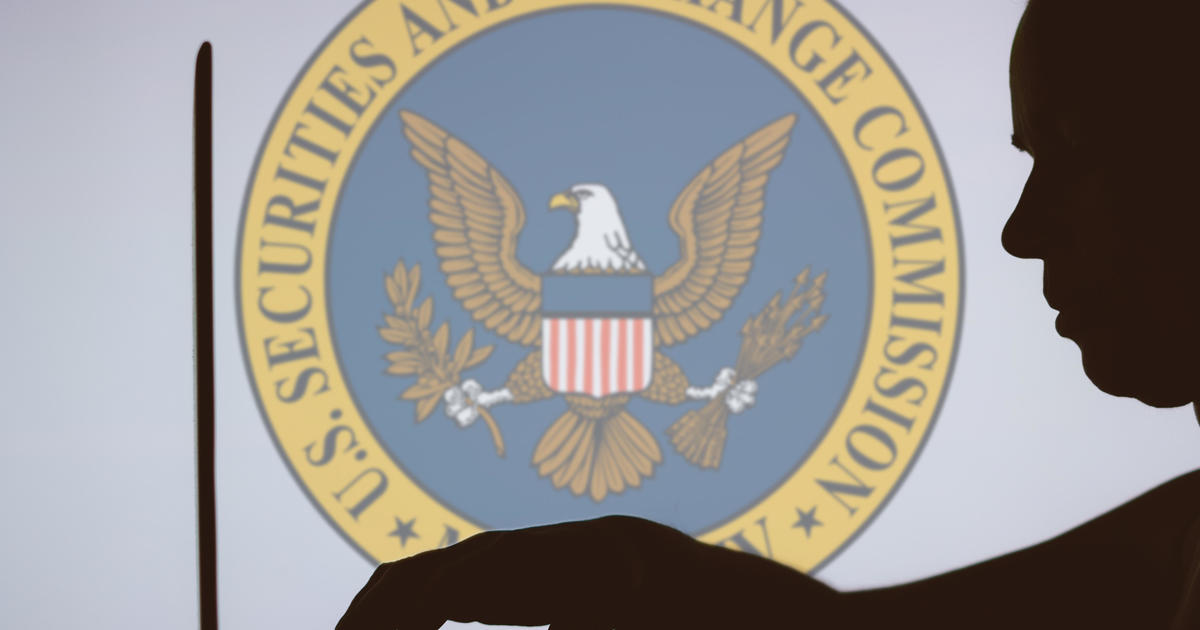Will Seattle's income tax on the rich backfire?
Seattle Mayor Ed Murray describes the city's new income tax on affluent residents as "a new formula for fairness," but some experts are asking whether the controversial plan will deliver what it promises.
The income tax is designed to help narrow the growing divide between rich and poor in a city with a fast-growing technology sector. Murray also framed the tax as a response to President Donald Trump's budget, which proposes to cut federal spending on social services, housing and other sectors that deeply affect U.S. cities and states. Seattle suffers from a housing crisis, with one study finding that only 0.4 percent of homes are currently for sale, a decrease of more 13 percent from a year earlier.
The city's income tax on the rich is unusual in several ways. First, although state and national income taxes tend to be progressive -- meaning that wealthier individuals face higher tax rates than low-income Americans -- cities with income taxes tend to rely on flat rates. Second, Washington is one of a handful of states without an income tax, which raises questions about whether wealthy Seattle residents will choose to move outside the city limits.
"It remains to be seen what it's like in Seattle, because you'll have an income tax surrounded by no income tax," said Joseph Henchman, executive vice president of the Tax Foundation, a nonpartisan tax research group. "How much do people like to commute?"
Anecdotally, some cities with income taxes may have seen residents leave for the suburbs, although those taxes apply to all residents and not only the rich. Philadelphia, for instance, applies a tax rate of almost 4 percent to its residents. The first city to levy an income tax on residents, Philadelphia lost about 300,000 jobs between the 1960s and 1990s, which one finance expert told tech news site Technical.ly was partially caused by the wage tax.
To be sure, some cities with income taxes don't appear to have seen much of an impact, such as New York City. Residents of the city, home to Wall Street, have largely shrugged it off, perhaps in part because workers who move out of its five boroughs are likely to face long and costly commutes. New York City's population grew 4.4 percent from 2010 through 2016. By comparison, Philadelphia's population rose about 2.7 percent in the same time period.
Under the tax, Seattle residents who earn more than $250,000 or couples who earn more than $500,000 would pay a 2.25 percent tax on any income above those amounts The city estimates it will raise $140 million in new tax revenue each year, which it said would allow Seattle to replace funding lost through President Trump's budget cuts and to ease the burden of other taxes.
But it's certain that some of those revenue gains would be lost in the cost of administering the tax on the wealthy. Other cities with income taxes piggyback off their state's tax system. But since Washington state has no income tax, Seattle would need to create a "mini-IRS" to perform their own audits and conduct enforcement, Henchman said.
Seattle estimates it will spend about $5 million annually to implement the tax, after an initial set-up cost of as much as $13 million.
As for Washington's wealthy residents, responses to the tax range the gamut. Software developer Carissa Knipe, who said she earns more than $170,000 per year, told the Los Angeles Times she supports the tax, saying the city "should serve everyone, not just rich folks." Former Microsoft (MSFT) CEO Steve Ballmer has argued against the tax, saying it will drive jobs elsewhere.
To be sure, some of the region's wealthiest citizens don't live in Seattle, such as Bill Gates, the world's richest man. The Microsoft co-founder lives in a $123 million lakefront mansion in Medina, Washington.
"It's an ongoing debate everywhere in the country: What is the purpose of taxes?" Henchman said. "There is a case to be made if redistribution is the goal, it's harder in the city of Seattle" because of the smaller tax base than at the state or federal level.
Washington state's Republicans are urging citizens to engage in "civil disobedience" by refusing to comply with the tax, calling it unconstitutional and in violation of state law. The tax is likely to face a legal challenge, with Henchman noting there could be legal constraints, including that it may violate a state provision that all property and income taxes be uniform and equal.
"It's one of the more brazen examples I've seen of defying state law," Henchman said. "If it was just about the law, it couldn't survive, but my worry is the judges will think about other considerations."



